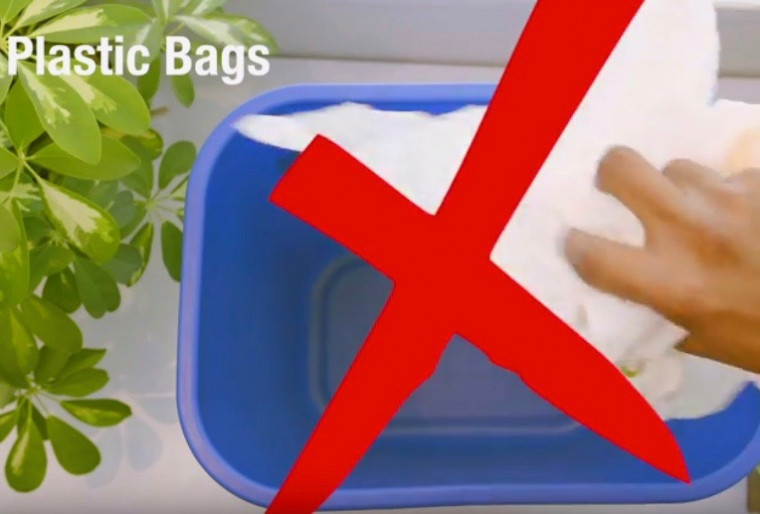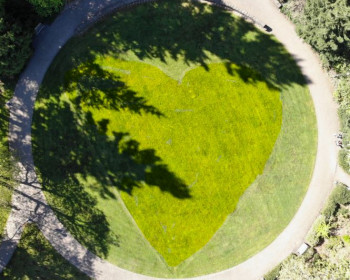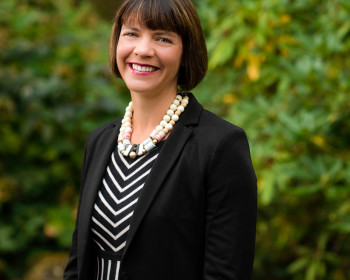Debunked: Top Three Recycling and Composting Myths
Open gallery

With the recent announcement to adopt a single-use plastic reduction policy at Lewis & Clark—and frequent news stories around changes in international recycling markets—many community members are inquiring about how-to recycle and compost on campus.
Sustainability Director Amy Dvorak and Assistant Director of Campus Grounds Brad Ashwell teamed up to clarify the most common misconceptions.
Myth #1: It’s harder to recycle now.
Not exactly. The items that go into our mixed recycling on campus are the same currently as in the past.
What has changed, is the impetus to reduce non-recyclables items in the bins and do a better job recycling correctly.
Lewis & Clark is fined by our waste hauler every time one of our recycling dumpsters is found with non-recyclable items in it—and the entire recycling bin is then dumped as trash.
Please review our recycling procedures and watch our new video about recycling on campus:
Myth #2: It’s OK to “wishfully” recycle or compost sometimes when I’m not sure if the item should go in the trash or not.
When in doubt, throw it out! Pay attention to this helpful list of 7 things to keep out of your recycling bin, and stick to the basic guidelines plastic, paper, and metal in commingled bins. Glass is recycled separately. Bins are also available on-campus for recycling batteries and reusing old cell phones. For additional electronic recycling resources, please see IT’s eWaste page.
For information regarding other types of recycling or reuse opportunities (e.g. appliances, furniture, office supplies), please contact Amy Dvorak. Please also see the Metro’s Find a Recycler webpage.
Myth #3: Lewis & Clark’s compost gets mixed with all of Portland resident’s compost.
Where does our composting go? Food waste from businesses in Portland goes to a different location than residential waste. For this reason, what you can compost at home is different from what you can compost on campus.
To learn more about the processing facility for food waste, go to: “What happens to your food waste?” and watch our new video about composting on campus:
More The Source Stories
email source@lclark.edu

